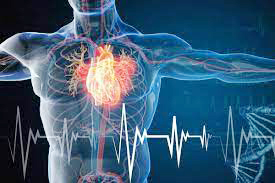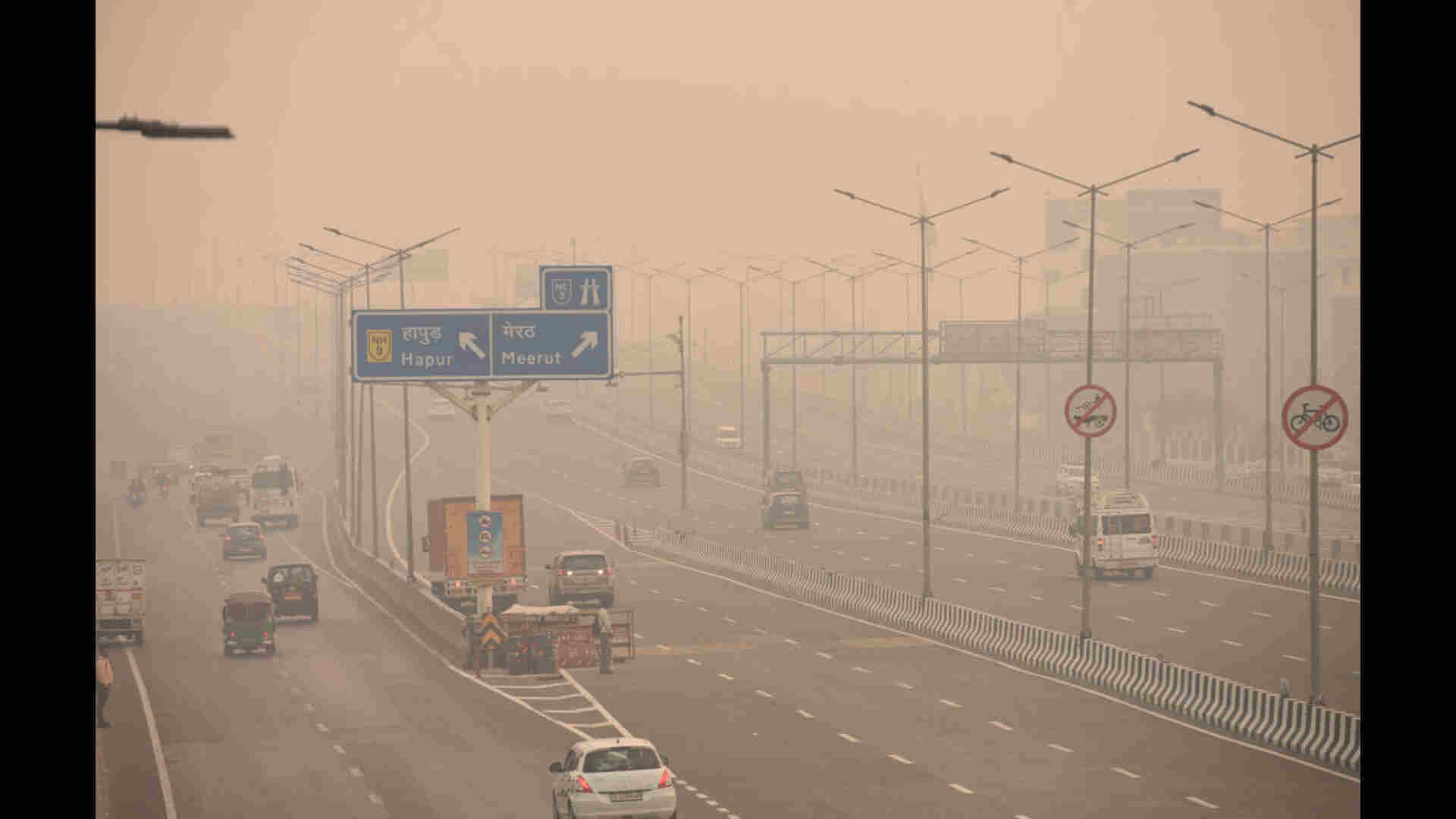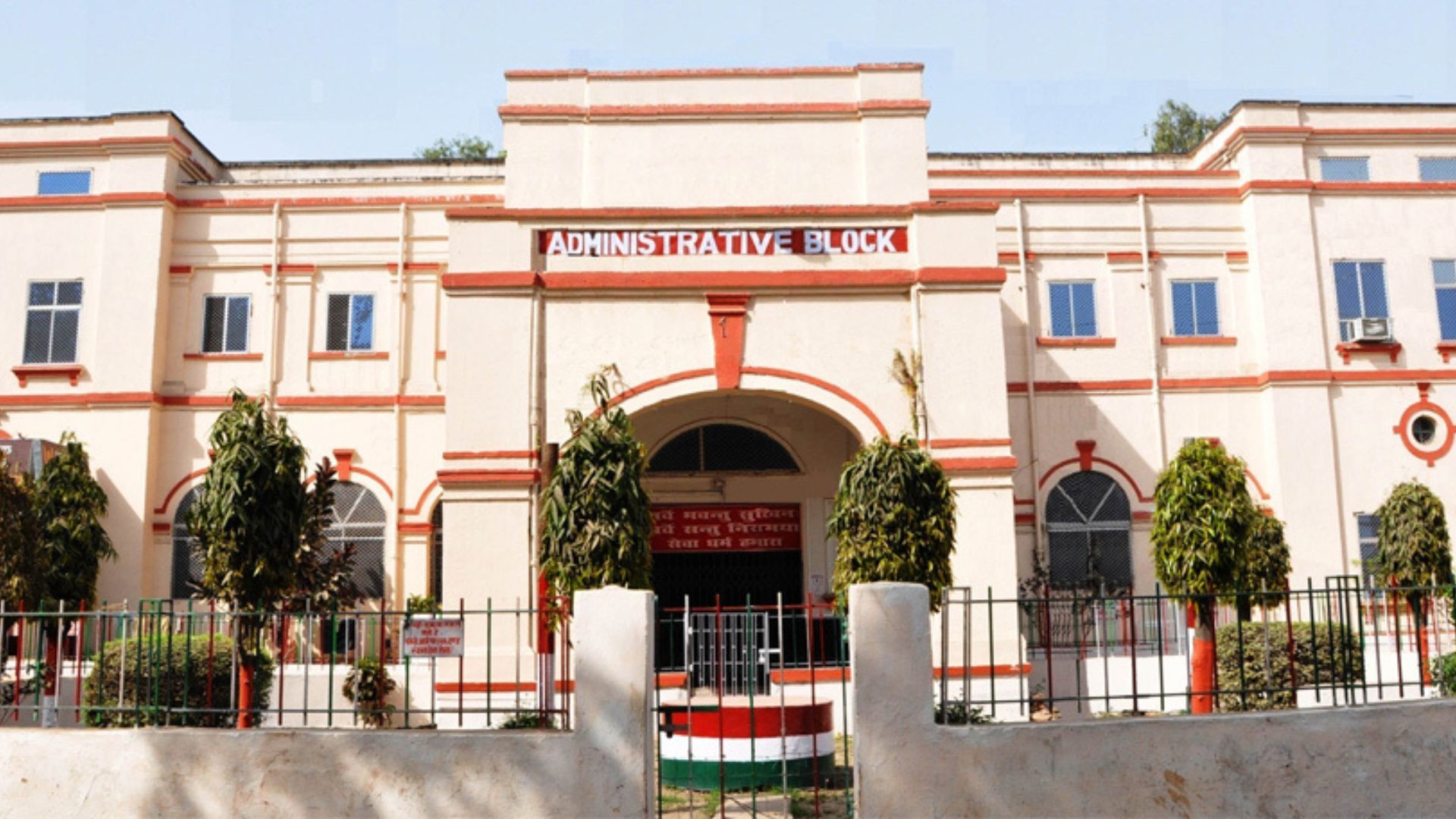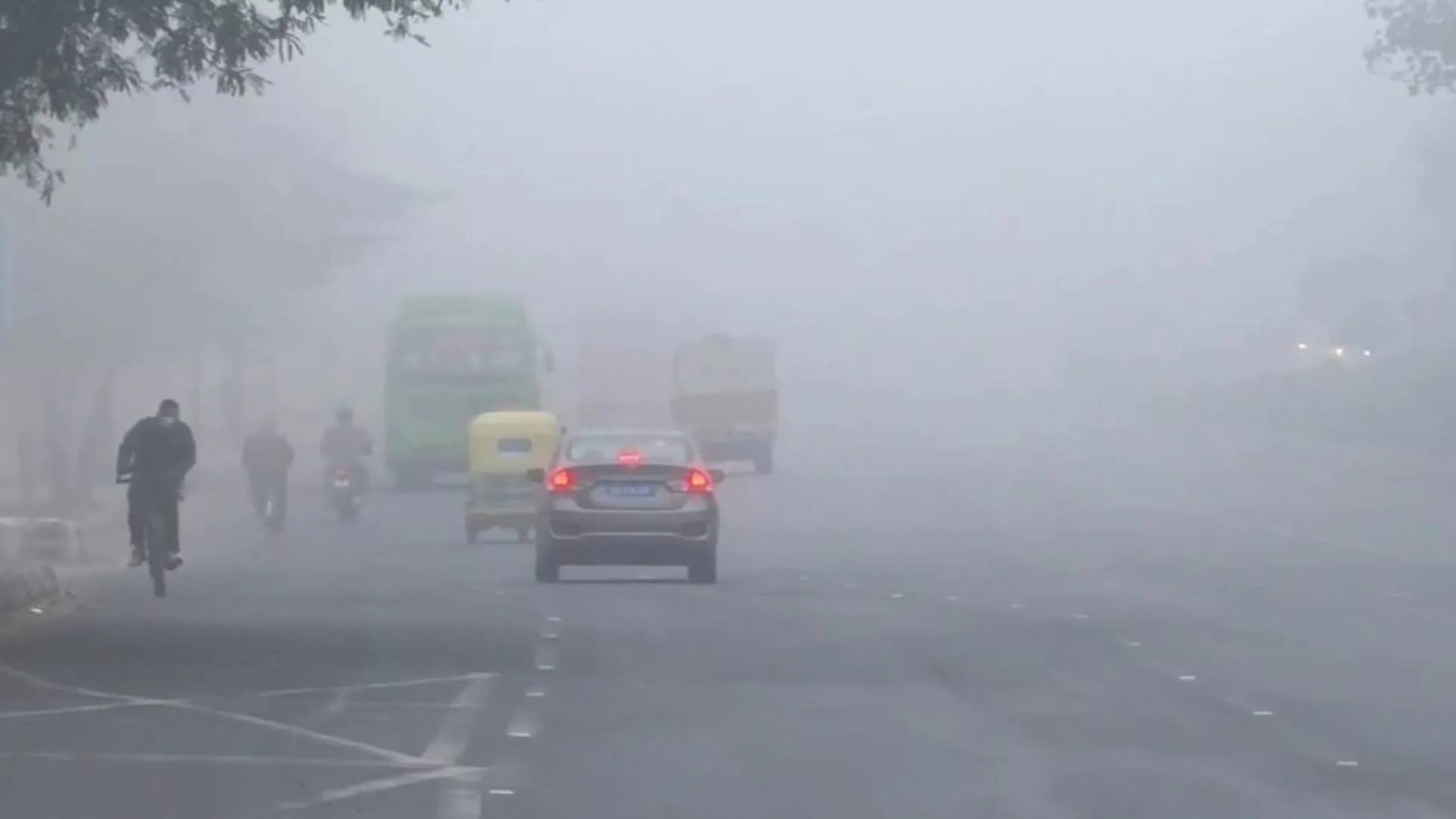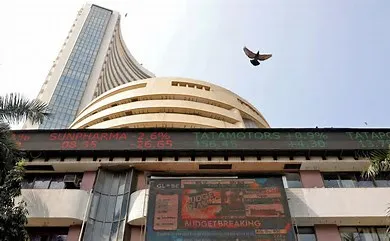Over the past decade, cardiovascular diseases or CVDs have emerged as a growing health crisis in India. According to the Indian Council of Medical Research (ICMR), CVDs are the leading cause of death in the country, responsible for nearly 28 per cent of all fatalities. CVDs, which include heart failure and heart attacks, have subtle symptoms that often go unnoticed until they progress, becoming severe. Heart failure, for example, might manifest as fatigue and shortness of breath, while a heart attack might present itself as mild chest discomfort or symptoms similar to indigestion. Recognising these subtle signs, experts say, is crucial for timely intervention and prevention of events and further complications. According to Dr Shraddha Bhure, Medical Director at Boehringer Ingelheim, cardio-renal-metabolic systems perform a “complex interplay” of physiological functions, which is essential for sustaining overall well-being. These systems are interconnected in such a way that dysfunction in one organ-system can significantly affect the other. NCDs (non-communicable diseases) like diabetes are some of the major risk factors of CVDs as well as chronic kidney diseases.
DIABETES
Insulin resistance and heightened blood sugar levels among individuals with diabetes are factors that foster inflammation, oxidative stress, and atherosclerosis, while also impairing the function of the heart and blood vessels. These conditions collectively foster the early onset of atherosclerotic cardiovascular diseases such as heart attacks, strokes, and heart failure. These severe heart-related ailments can result in substantial morbidity and, in many cases, premature mortality, particularly among younger individuals. Taken together, these mechanisms underscore diabetes as a significant contributor to the burden of cardiovascular diseases in India.
KIDNEY ISSUES
Chronic kidney disease (CKD) frequently results in elevated blood pressure, heightening the susceptibility to cardiovascular diseases (CVDs). Kidney dysfunction can further trigger fluid retention and disruptions in electrolyte levels, placing added strain on the cardiovascular system. Moreover, CKD is linked to persistent inflammation, oxidative stress, and the buildup of uremic toxins, all of which contribute to the development of atherosclerotic CVD and heart failure. There exists a mutually influential relationship between these two organ systems. Additionally, heart disease can, in turn, advance the progression of kidney disease through closely intertwined biological pathways.
CONCERNS
The connections among non-communicable diseases (NCDs) such as diabetes, chronic kidney disease (CKD), and cardiovascular diseases (CVDs) establish what Dr Bhure calls a detrimental cycle where each condition worsens the others. Poorly managed diabetes, for instance, might result in kidney damage (diabetic nephropathy), which subsequently amplifies the risk of CVDs. Similarly, individuals with CKD face an elevated likelihood of developing cardiovascular complications.
To prevent and effectively combat cardiovascular diseases, it is essential to implement a comprehensive approach that encompasses lifestyle adjustments, early detection, and vigilant management of diabetes, heart conditions, and kidney diseases. Furthermore, there is a critical need for widespread education and awareness concerning the interconnected nature of these diseases and their shared risk factors. Both healthcare professionals and patients must be well-informed to ensure accurate diagnosis and timely treatment.
GROUND SURVEY
In an exclusive survey conducted by India News on Friday, 59.24% of respondents said that they noticed an increase in heart attack-related deaths post Covid-19. However, 39.25% said they did not observe such an increase. As for the reasons behind the reasons for prevalent cardiovascular diseases, the majority attributed unhealthy diets (34.81%) and mental stress (25.92%) as the top contributors to heart attacks. This was followed by obesity (13.33%), unhealthy lifestyles (7.43%), and Covid-19 effects (5.92%). Interestingly, 12.59% of respondents couldn’t identify a primary cause.
Since CVDs are not just concentrated in urban areas, respondents were also asked about the state of hospitals in semi-urban areas and small towns. A majority (66.66%) believe that hospitals in small towns are not adequately equipped to handle heart attacks. 27.42% think these hospitals are prepared, while 5.92% are uncertain. Finally, the respondents suggested several strategies to reduce cardiovascular deaths: Yoga and exercise (36.56%) Better equipped hospitals (28.35%) Regular check-ups (16.41%) Awareness programs (10.44%). As for their personal practices, individuals reported various practising: Proper diet (38.82%) Practicing yoga (24.62%) Morning walks (23.88%) Going to the gym (8.21%).
SURVEY RESULTS
Have you noticed increased cases of heart attack-related deaths post Covid-19?
Yes: 59.24%
No: 39.25%
Can’t say: 1.51%
What is the primary cause of heart attacks?
Covid-19 effect: 5.92%
Unhealthy lifestyles: 7.43%
Unhealthy diets: 34.81%
Mental stress: 25.92%
Obesity: 13.33%
Can’t say: 12.59%
Are hospitals in small towns equipped to deal with heart attacks?
Yes: 27.42%
No: 66.66%
Can’t say: 5.92%
How can the death toll in cardiovascular cases be reduced?
Awareness programs: 10.44%
Regular check-ups: 16.41%
Yoga and exercise: 36.56%
Better equipped hospitals: 28.35%
Can’t say: 8.24%
What do you do to keep your heart healthy?
Go to the gym: 8.21%
Practising yoga: 24.62%
Morning walks: 23.88%
Proper diet: 38.82%
Can’t say: 4.47%

